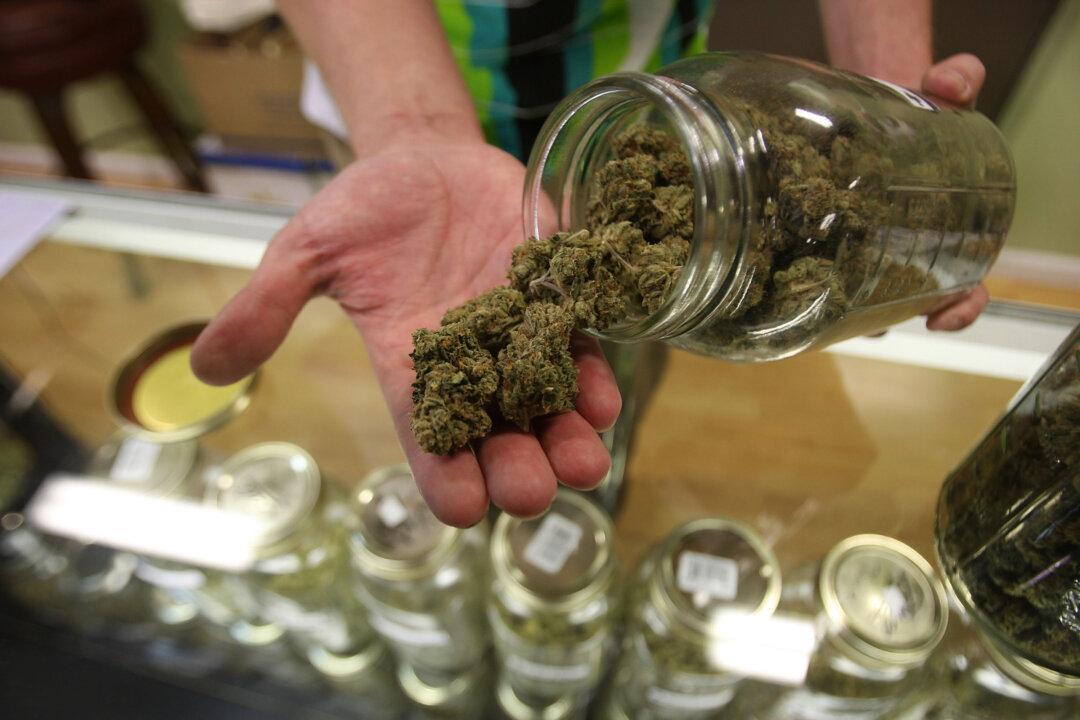Anti-marijuana groups have been energized by recent actions taken by the Trump administration to raise awareness about the negative effects of the drug.
Last month, U.S. Surgeon General Jerome Adams issued an advisory about marijuana use, highlighting the harmful effects that it’s had on adolescents and pregnant women. The advisory, the first of its kind since 1982, was supported by President Donald Trump, who announced that he'll donate his second-quarter salary for 2019 to promote it.





